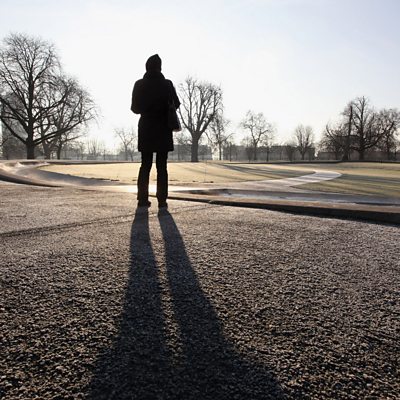Episode details

Available for over a year
It is impossible to have read the papers this weekend and concluded anything other than the fact that politics really matters. And not in a superficial way. From Brexit, to the UN’s report on UK poverty, to the climate change action that blocked London’s bridges, we are talking again - in lively and admittedly frustrated ways - about our social contract, our common life, and its moral purpose. These headlines are driven by two different kinds of political forces: on the one hand we are trading genuinely alternative views of what we hope for. Political parties, families and work colleagues may be divided – but we have scratched the supposedly politically apathetic surface and found that there are things we do really believe in. Amidst the turmoil, tension and confusion, that's an oddly hopeful thing and makes it worth persevering. But there is another kind of political force visible in the weekend’s headlines and it hovers just beneath the surface, its seen in figures about male suicide or in what seems to have most disturbed the UN special rapporteur on extreme poverty last week. We might call it the politics of hopelessness and social desolation. Its drivers are low wages, precarious work, destitution and social isolation. And so on this reading of politics, in the face of such pressing hopelessness, we have no option but to persevere. For generations of Christians, the writings of St Paul have been the go-to texts for thinking about the moral purpose of politics. St Paul is driven by the search for a way of living that goes beyond competitive self interest – me versus you. For St Paul, Christianity de-centres us, not into pure altruism but into a commitment to working towards a life that is genuinely of common benefit. This life of common benefit cannot be had without love or justice. Here there is a sharp side to this teaching in Paul: as members of the same body, to harm one is to harm all. The whole body pays the price for social ills – whatever their cause. The core justification of having government at all for St Paul is that it acts publicly to prevent harm. But Paul’s contribution to the task of building a hopeful politics goes beyond this: politics gains its important from the fact that some things are more important than politics. We are driven to politics not only by our distress at manifest injustice but by our hopes for good relationships, for joy, for social creativity. Ultimately, we have no choice but to persevere in the search for a politics that maintains hope for those who have it as well as restores it for those who have none.
Programme Website